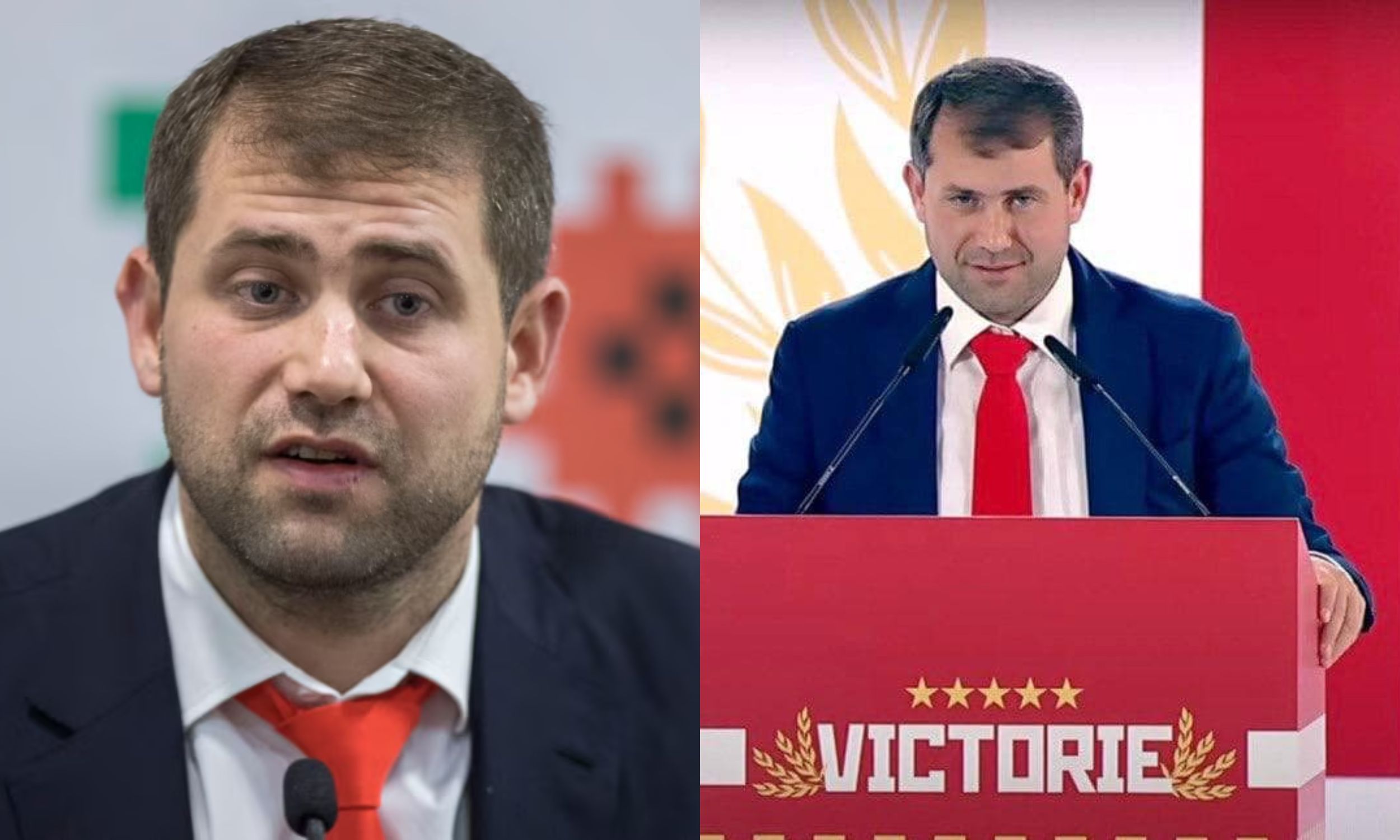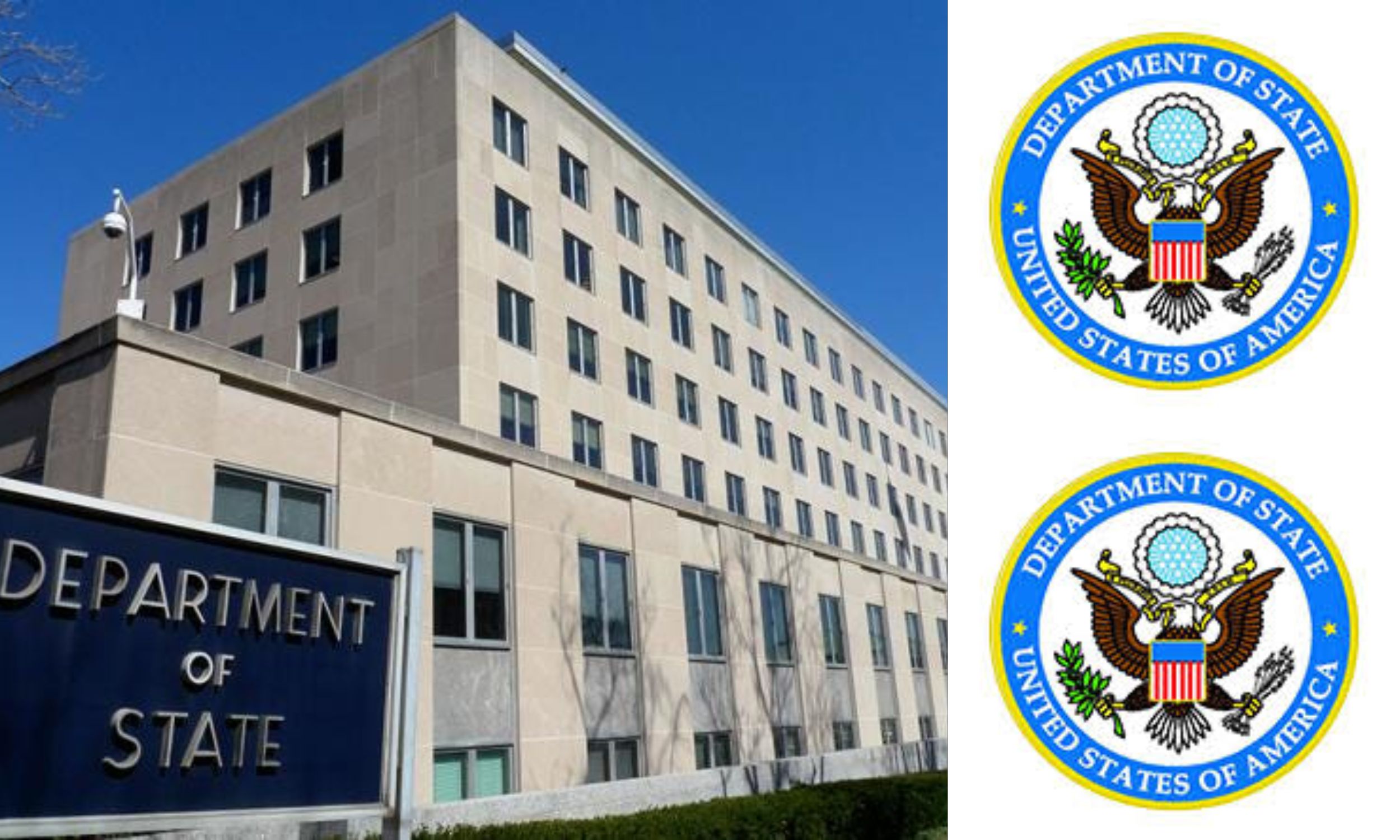Moldova and Georgia, both former Soviet republics, recently held elections that could determine their future alignment with the West. In these countries, the influence of Russia looms large, with Moscow actively seeking to sway the outcomes, just as it has done in the United States and other nations.
The results of these elections point to Vladimir Putin’s growing influence over Moldova and Georgia, with his strategy of maintaining control over these nations seeming to yield success. In response, it is crucial for the United States and its European allies to provide stronger support for democratic movements in these countries, as well as others seeking to break free from Russia’s grip.

While military presence is a key tool in Russia’s strategy, it’s far from the only one. In Moldova and Georgia, Russian-backed spies, troll farms, and political operatives are fanning the flames of separatism and anti-Western sentiment, manipulating political dynamics and exploiting corruption to maintain Moscow’s sway.
On October 20, Moldovans voted not only for president but also on a referendum to amend the constitution, embedding the country’s goal of joining the European Union.
Maia Sandu, the incumbent president, supported the referendum, and although she won the presidency by defeating her pro-Russian rival, Alexandr Stoianoglo, in a runoff, the referendum’s success was slim, passing with just 50.16 percent of the vote. This narrow margin surprised many and left Sandu with insufficient backing to push for Moldova’s EU membership.
The election was marred by what the U.S. State Department called “unprecedented Kremlin interference.” Moscow has long worked to maintain influence over Moldova, where it stations a “peacekeeping” force in the pro-Russian region of Transnistria.
Before the election, Ilan Shor, a Moldovan oligarch and Kremlin ally, orchestrated a $39 million vote-buying operation, distributing funds through Russia’s Promsvyazbank and other means. This interference is expected to continue, particularly during Moldova’s upcoming parliamentary elections next summer.
In Georgia, a parliamentary election took place on October 26, marking the country’s first fully proportional vote. The ruling party, Georgia Dream, sought its fourth term in power, competing against several pro-democracy groups.
The party’s founder, Bidzina Ivanishvili, made his fortune in Russia and still holds assets there, exerting behind-the-scenes influence in Georgian politics. Under his leadership, Georgia has distanced itself from its European aspirations and increasingly veered towards Moscow’s orbit.
The opposition framed the election as a choice between a European future and a Russian past, while Georgia Dream positioned the race as a decision between peace with Russia or war. Russia amplified this narrative, accusing the U.S. of attempting to orchestrate a “color revolution.” Despite Georgia Dream’s claim of winning 54 percent of the vote, widespread allegations of irregularities and mass protests followed.
Russia is leveraging economic difficulties in Eastern Europe and the Caucasus to present itself as a more reliable ally than the West. However, modest Western economic support is insufficient to counter Moscow’s growing influence. The West must engage in a more comprehensive strategy to fight back.

One key avenue is to strengthen Western efforts in the information space. Countries in the West should launch fact-based information campaigns to counter Russian narratives, such as by showcasing the EU support for Moldova and fostering economic cooperation to reduce anti-Western sentiment.
Additionally, given Russia’s reported financial interference in Moldova, the U.S. should offer Moldova enhanced financial intelligence capabilities to track illicit Russian funds. This would help protect Moldova’s elections next summer from further external manipulation.
In Georgia, the U.S. and its allies should bolster support for civil society and opposition groups, pushing for a transparent re-count of the election results. Where necessary, sanctions should be imposed on Georgia Dream officials for their role in undermining basic freedoms. However, the West should insist on progress in Georgia’s EU accession process, contingent on democratic reforms.
Moldova and Georgia represent key battlegrounds in the global contest between authoritarianism and democracy. These nations need robust support from the free world to help them break free from Russia’s influence and secure their democratic futures.


